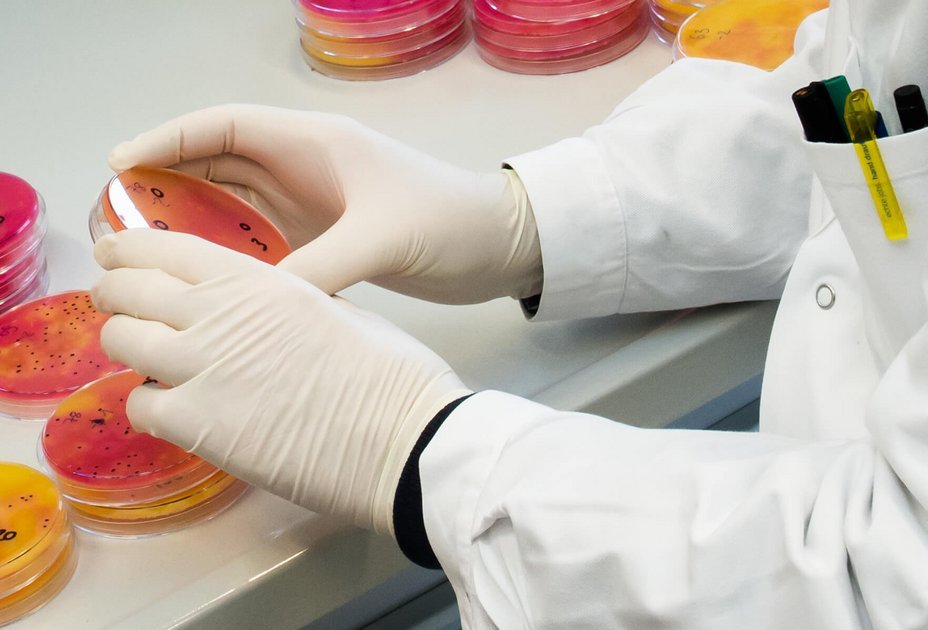
Researchers from FFoQSI GmbH, the University of Veterinary Medicine Vienna, and the University of León in Spain have published a groundbreaking study in Nature Microbiology examining antimicrobial resistance genes in European food and production environments.
Part of the EU project MASTER, the research analyzed nearly 2,000 samples from milk, meat, fish, cheese, vegetables, and food production facilities across more than 100 companies. Results showed that over 70 percent of known resistance genes appear in the food production chain, with key genes related to tetracyclines, beta-lactams, aminoglycosides, and macrolides. Many were found in bacteria from the ESKAPEE group, notorious for causing difficult-to-treat hospital infections.
Significantly, nearly 40 percent of the resistance genes were located on plasmids, enabling easier transfer between bacteria and raising concerns about spread. The study also found that industrial processes and conditions influence the presence and transmission of these genes, highlighting the need for improved production practices and antibiotic usage strategies.
Source: University of Veterinary Medicine Vienna




